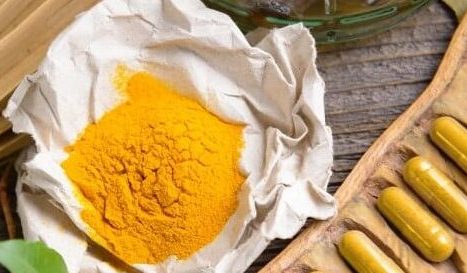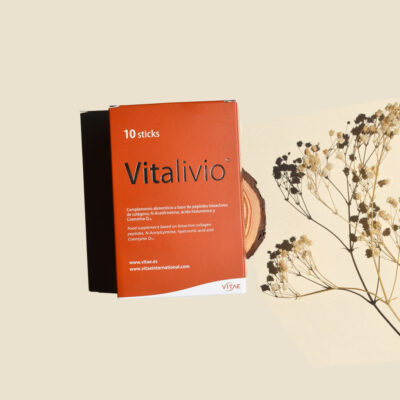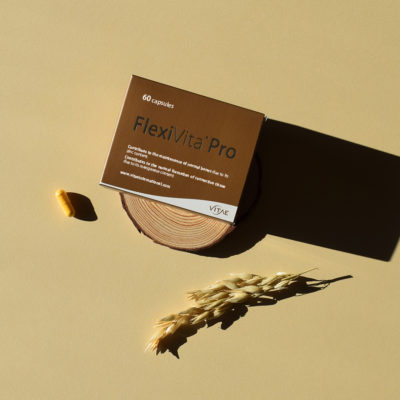For a single ingredient, turmeric spice manages to pack a major health punch. Sally Temple, Nutritional Therapist at Nuffield Health shares several reasons why your body will thank you for trying it. It is an ingredient with a powerful antioxidant
Turmeric (Curcuma longa), the bright yellow spice used throughout Asia for centuries, has in recent decades been embraced by the West, not just for its ability to satisfy our appetite for curry, but for its impressive list of health benefits. Turmeric is quite literally, hot stuff.
Grown for its root, turmeric has an ancient history of uses in cooking, fabric dyeing, cosmetics and traditional medicine in China and India. Its potent ingredient, curcumin, not only gives turmeric its golden colour, but also has a dazzling array of properties that are beneficial to health.
Turmeric is a natural anti-inflammatory
Inflammation is a necessary process in the body, as it fights off harmful invaders and repairs damage caused by bacteria, viruses and injuries. However, long-term inflammation has been implicated in most chronic conditions such as heart disease and cancer, so must be controlled. The curcumin in turmeric has proven, strong anti-inflammatory properties that block the action of inflammatory molecules in the body. Studies show positive effects of curcumin on people suffering from conditions such as rheumatoid arthritis and inflammatory bowel disease, amongst others.
Turmeric is a powerful antioxidant
Curcumin has been shown to be a robust scavenger of oxygen free radicals, which are chemically active molecules that cause damage to the body’s cells. Free radical damage, along with inflammation, is a key driver of cardiovascular disease and skin conditions like psoriasis, so curcumin can play a part in preventing and managing these disorders.
Turmeric has anti-cancer effects
Numerous animal studies have explored turmeric’s influence on cancer, and many have found that it can affect cancer formation, growth and development at a molecular level. Research has shown that it can reduce the spread of cancer and can contribute to the death of cancerous cells. Turmeric and curcumin may also be able to counteract the effects of some carcinogens, such as certain additives used in processed food.
Turmeric might be brain food
There is growing evidence that curcumin can cross the blood-brain barrier and may help to protect against Alzheimer’s disease. It works to reduce inflammation as well as the build-up of protein plaques in the brain that are characteristic of Alzheimer’s disease sufferers. Another study of 60 patients showed that curcumin was as effective as an anti-depressant in treating depression, by boosting levels of brain-derived neurotropic factor (reduced levels of this chemical are associated with depression).
While most of the current research is being carried out in a lab or on animals, the results are encouraging, and this wonderful spice will continue to be investigated as a powerful tool in improving our health. And it’s a great excuse to make a curry!
You can check our blog and you will find more articles about nutrition and healthy lifestyle








